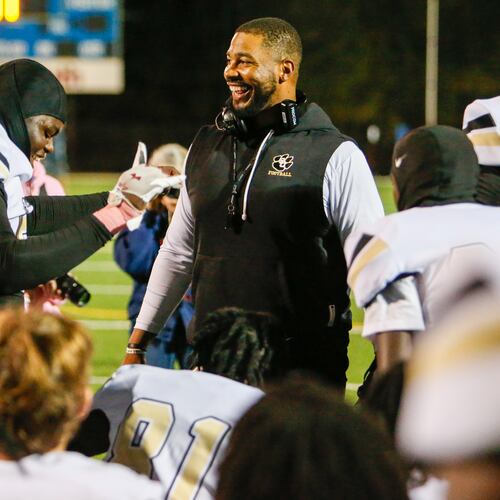Another 15 whales have died along the Georgia coast in the second mass stranding in just over two months.
In the latest incident, around 26 short-finned pilot whales were discovered Wednesday on or near a private island some 25 miles south of Savannah, according to the Clayton Daily News.
Both state and federal agencies responded to the stranding, including the Georgia Department of Natural Resources and the National Oceanic and Atmospheric Administration.
It’s unclear why the animals beached themselves, but wildlife experts are conducting necropsies to try and determine a cause.
Staffers on St. Catherines Island found up to 13 whales on the beach with five still alive and started a rescue attempt, island operations director Mike Halderson told the newspaper.
"It was all hands on deck," he said.
They were able to get four of the live marine mammals back into the water, but a fifth died, he said.
Other stranded whales were found on nearby beaches and in marshes, Georgia DNR wildlife biologist Clay George told The Associated Press.
Clay said it was too early to say why the stranding may have occurred, but he said it was "clearly not related" to the capsized cargo ship which has leaked oil into the water at the Port of Brunswick since rolling over on Sept. 8 because of the 30-mile distance.
Pilot whales are very social, living in pods of up to 100 animals. They're usually found in deep water up to 100 miles offshore along the continental shelf and in warm waters, according to NOAA. Often in mass strandings healthy whales follow sick pod members close to shore and become stranded themselves.
In July, almost 50 pilot whales were found in a mass stranding on St. Simons Island and three died.
Pilot whales, which primarily feed on squid, but are known to eat octopus and fish, too, live as long as 70 years and are protected under the Marine Mammal Protection Act.
About the Author
Keep Reading
The Latest
Featured
